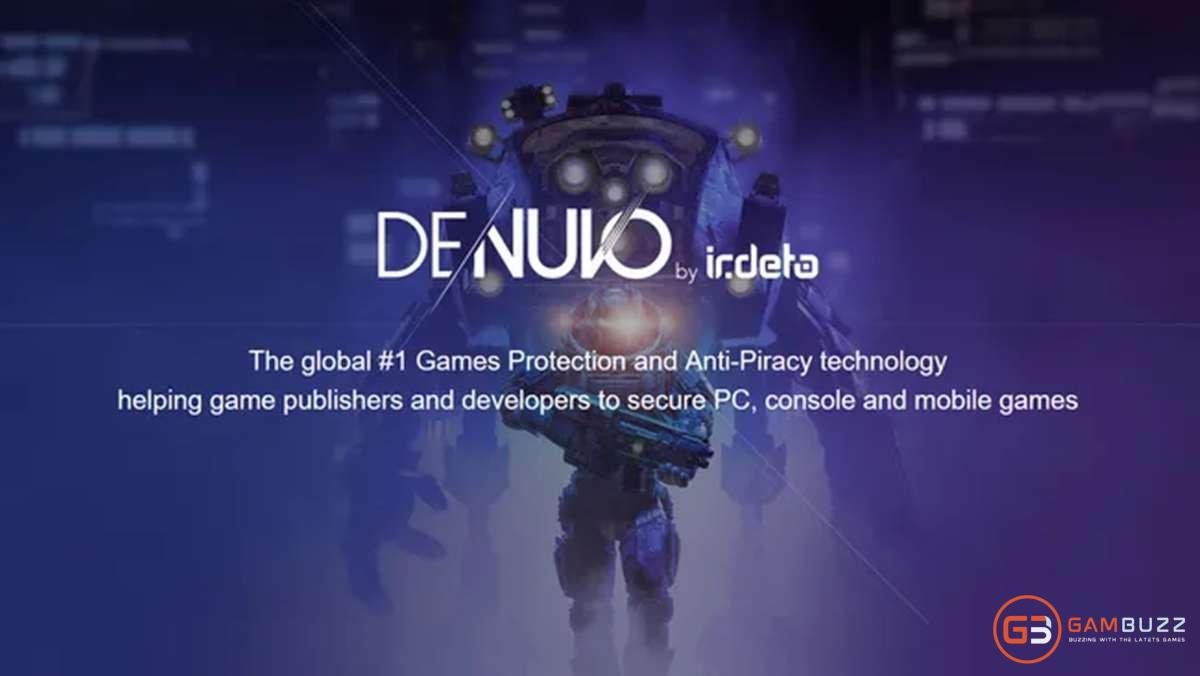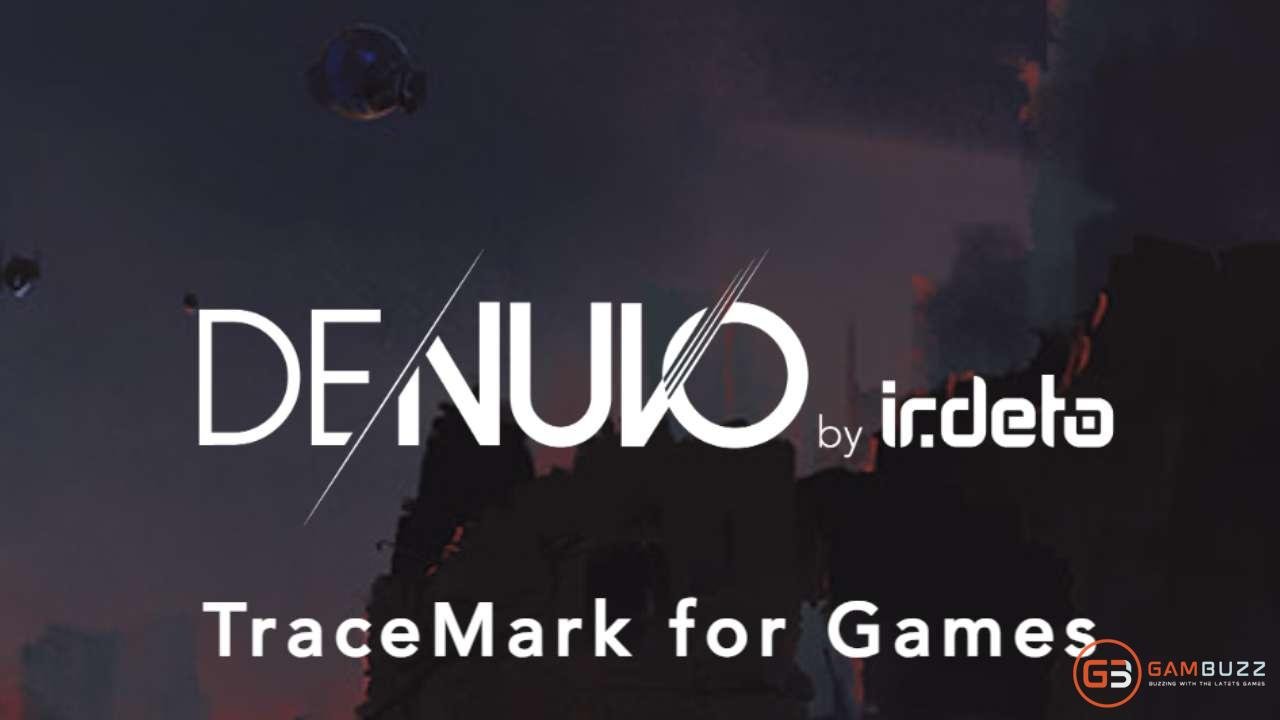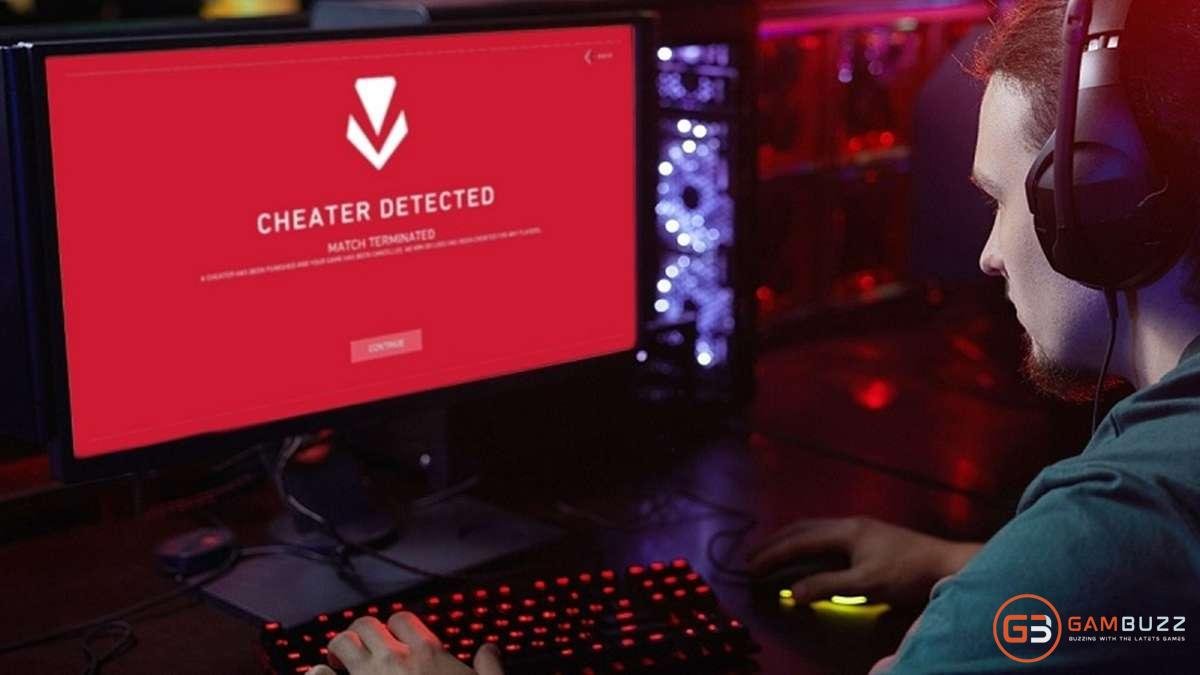
Piracy is still one of the most pressing issues for game producers in today’s gaming industry. To safeguard their intellectual property, numerous game makers have used Denuvo, a technology meant to prevent unauthorized game cracking. But what is Denuvo, and why is it causing so much debate among gamers? Let’s look into this more closely.
What is Denuvo?

Denuvo, launched in 2014, is an anti-piracy solution, commonly known as DRM (Digital Rights Management), designed to prevent illegal access to and cracking of video games. This technique is intended to make it far more difficult for people to crack games (bypassing restrictions and accessing purchased material for free), preventing the game from being duplicated and illegally distributed online.
When a game is secured by Denuvo, the cracking procedure becomes significantly more complicated and time-consuming. Many hackers are unable to crack the game early on, resulting in fewer pirated versions available, allowing game creators to safeguard their money and reputation during the critical launch time.
How does Denuvo work?

Denuvo has earned a reputation for providing strong protection with a “dual fortress” approach that combines two critical security layers: DRM and encryption.
-
First Layer: DRM
DRM serves as a sturdy line of protection. To access the game, players must input a valid product key obtained from the game’s publisher or through distribution channels such as Steam or Origin. This guarantees that only those who have purchased the game have legal access to download and play it.
-
Second Layer: Encryption
In addition to DRM, Denuvo uses powerful encryption technologies to prevent the DRM system from being broken. This additional layer makes it considerably more difficult for hackers to circumvent the defenses, taking more time and effort to do so.
Furthermore, Denuvo continually monitors how the game is used and has the ability to deactivate the game if it detects suspicious activity or illegal product keys. The technology is constantly upgraded, making it increasingly difficult to break games over time.
Why don’t gamers like Denuvo?

Despite its great protection, Denuvo has garnered much criticism from the gaming community. Here are some significant reasons that players detest Denuvo:
-
Impact on Game Performance
One of the most common complaints from players is that Denuvo severely affects game performance. Denuvo integration needs the system to execute more complicated security activities, which might result in higher load times and even lag. This is especially troublesome for gamers using low-end PCs, as the CPU and RAM must work harder to fulfill security needs, slowing down the entire gameplay experience.
-
Inconvenience for legitimate players.
Denuvo not only impairs performance, but it also causes considerable annoyance for legal gamers. Denuvo frequently demands a persistent online connection to authenticate the product key, which might be inconvenient for gamers without stable internet access or who prefer to play offline. Furthermore, some games need regular key verification, which may be an unnecessary burden and degrade the user experience.
Is Denuvo truly effective?
Despite the criticism, Denuvo has shown to be efficient in preventing games from being cracked, particularly during the early phases of release. In 2015, the well-known hacking group 3DM officially acknowledged to “giving up” on cracking Denuvo, emphasizing the complexity of circumventing the technology.
According to numerous accounts, no Denuvo-protected games were cracked within the first month of release, allowing companies to generate considerable cash during this key period. For example, Assassin’s Creed: Origins remained uncracked for 99 days after its debut, whereas Star Wars: Battlefront 2 took more than a year to crack.
Denuvo: Is it necessary or not?

Despite the conflicting feelings, it is indisputable that Denuvo has assisted game publishers in protecting their intellectual property during the early stages of a game’s release, when income and attention are most important. To strike a balance between security and user experience, developers must carefully examine Denuvo’s influence on game performance and the overall experience of genuine gamers.
Finally, Denuvo provides effective anti-piracy security, but at the expense of potential performance concerns and player discomfort. Whether it’s a necessary evil or not is determined by the game creators’ individual aims and audience expectations.

